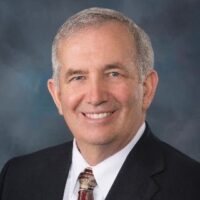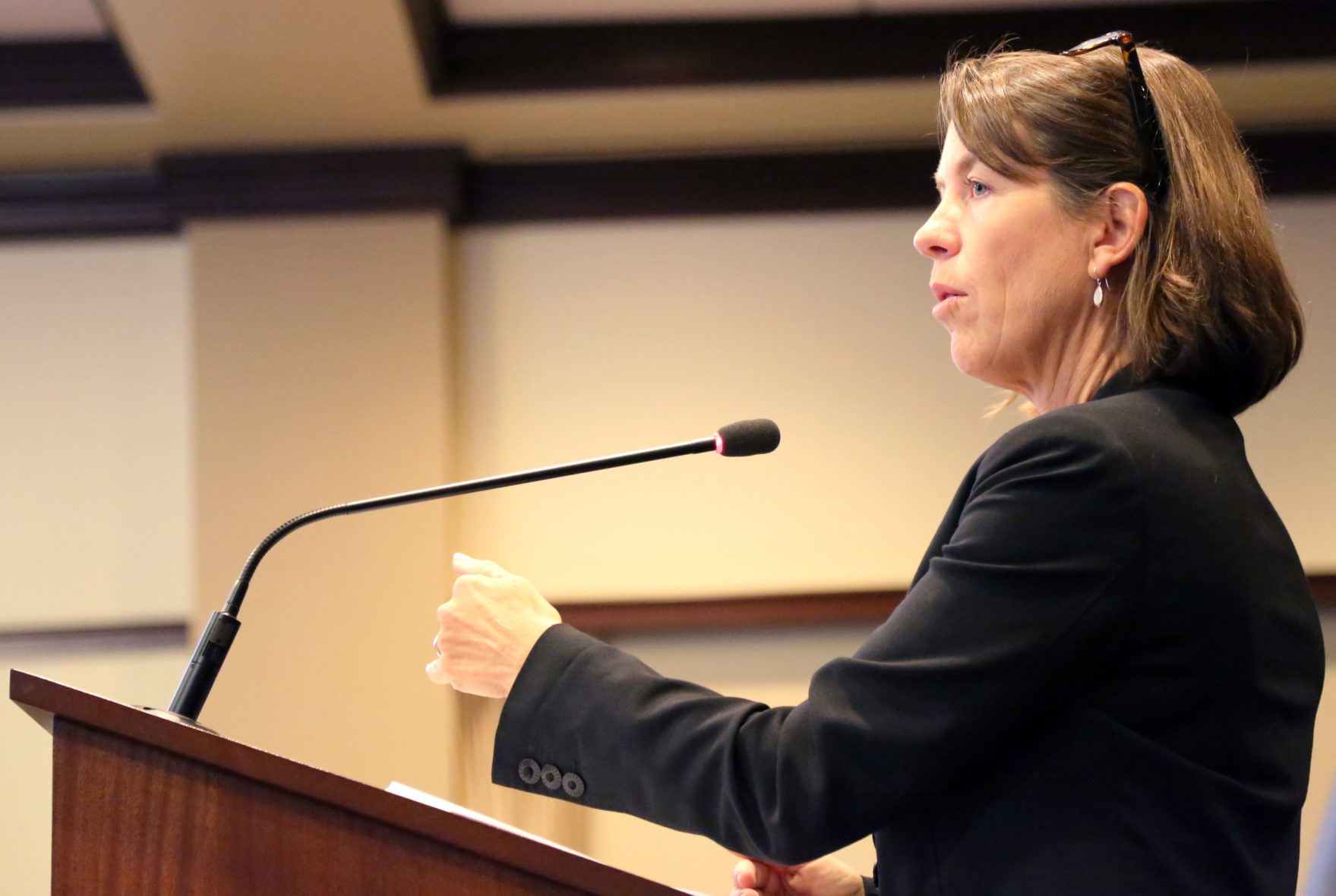The topic might not be off the table.
But it is teetering on the edge, and one decent breeze would knock it off.
The lawmakers who are reviewing Idaho’s school funding formula are in no hurry to look at where those dollars come from.

On Friday, the funding formula committee scuttled a discussion about whether Idaho should collect additional property taxes to cover school operations.
Senate Education Committee Chair Dean Mortimer seemed to speak for a committee with a big job on its hands — modernizing and simplifying a formula last rewritten in 1994 — and little appetite to revisit the property tax issue.
“I don’t want this item to stop the benefits of all of the other items,” said Mortimer, R-Idaho Falls, moments before the committee quietly and unanimously set the property tax “item” off to the side.
This happened after a national school funding expert gently nudged the committee on the issue.

Local funding provides “a healthy revenue source,” Marguerite Roza of Georgetown University told the committee. Property taxes are more stable than sales or income taxes, which are more sensitive to economic upticks and downturns.
And states can come up with funding formulas that tap — and “tame” — local property tax bases, Roza said. It’s one thing to tap into property owners’ ability (and willingness) to pay property taxes for K-12. It’s another matter to incorporate property taxes into the school funding formula — to supplement state dollars, and smooth out some of the disparity between wealthier and poorer school districts. That’s what Roza means by taming property taxes.
Easier said than done. And Roza gave the committee cover, pointing out that school property taxes are a sensitive topic in Idaho.
Not that the 10 members of the committee needed much reminding.
Any debate about school property taxes inevitably loops back to the tax shift lawmakers approved in August 2006. In a one-day special session, lawmakers eliminated $260 million in property tax levies for day-to-day school operations, and used an increase in the sales tax to make up $210 million of the difference.
Even 11 years later, that decision casts no small political shadow. For lawmakers who supported the tax shift, this still represents a vote that delivered on a promise of property tax relief — and they don’t seem interested in walking that vote back. For opponents, the tax shift was a fateful decision that destabilized local school funding — a mistake the state should rectify.
It makes for a “colorful” element of the debate, Sen. Clifford Bayer, R-Meridian, wryly noted during Friday’s committee meeting.
Lawmakers might not want to debate property taxes, but that doesn’t bring the debate to a halt. Rather, the discussions and decisions get pushed down to the local level. In the aftermath of the 2006 tax shift, and particularly during the Great Recession, a growing number of school districts have turned to supplemental property tax levies to reinforce their budgets. In 2016-17, 93 districts collected a record $188.8 million in supplemental levies.
To use Roza’s terminology, these supplemental levies tap local taxpayers’ willingness to support schools. But the taxes aren’t “tamed.” Instead, they create gaps between wealthier districts that can more easily pass a levy, and poorer districts that cannot pass one.
The funding formula committee hopes to have bills for the 2018 Legislature. But these bills will probably focus on different ways to carve up the state dollars that go into K-12. A complicated issue, for certain.
But around the Statehouse, the property tax issue might be more politically complicated.
More reading: Our in-depth series on the August 2006 tax shift.
